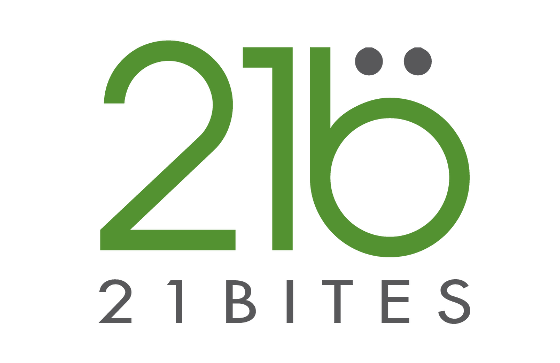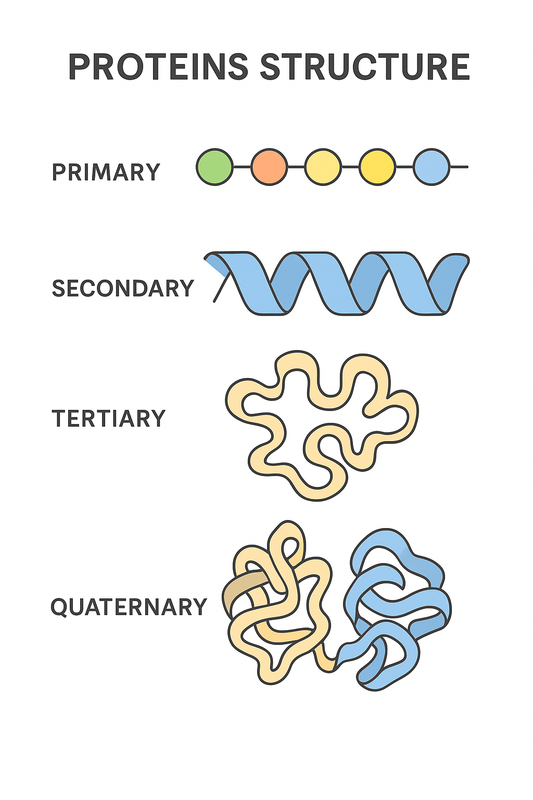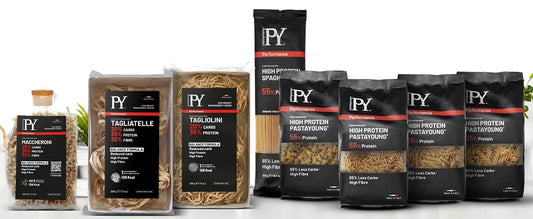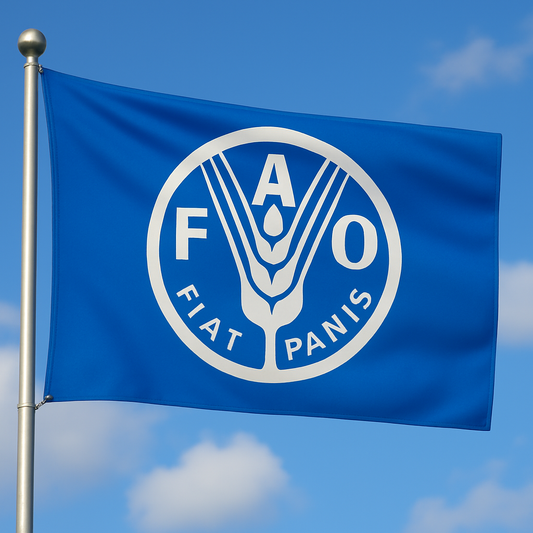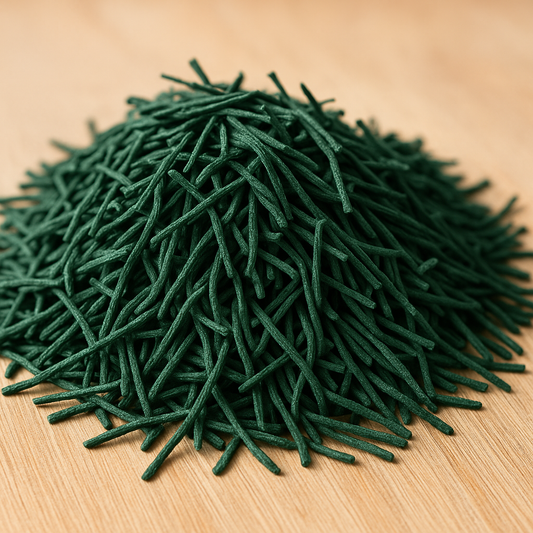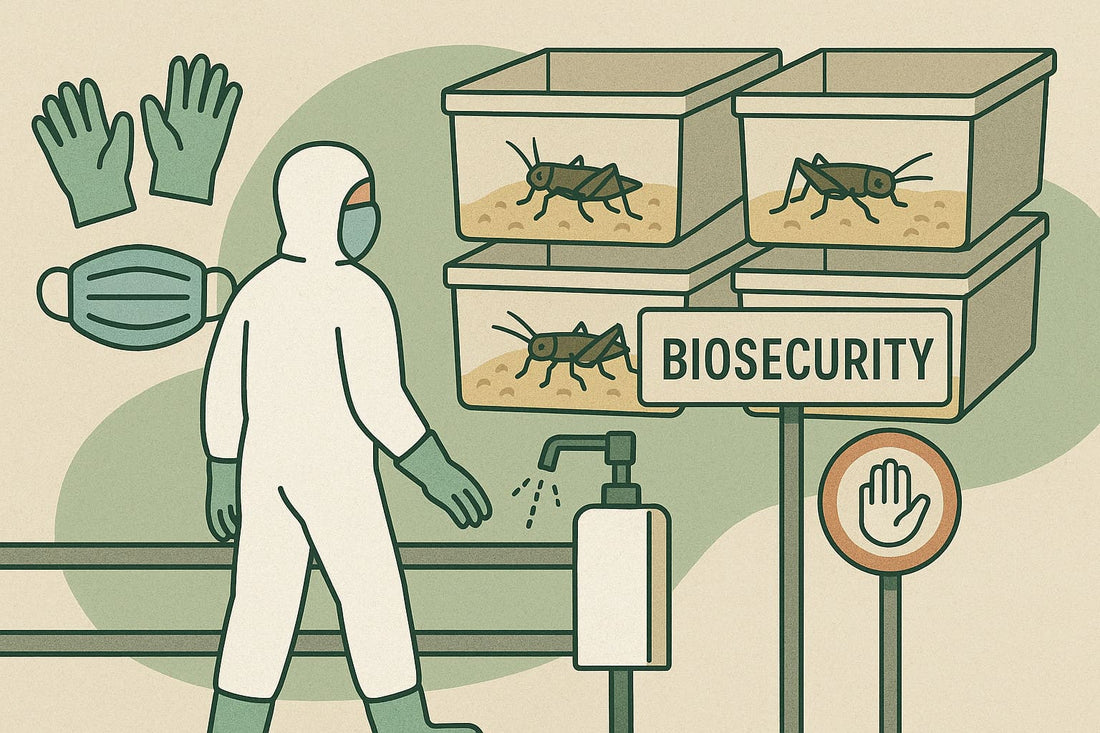
Managing the Risk of Insect Farming in Europe
Share
Insect farming for human and animal nutrition is gaining popularity in Europe due to its environmental and nutritional benefits. However, managing the risk of insect escapes is crucial to ensuring environmental safety and the sustainability of farming practices.
Preventive Measures to Avoid Insect Escapes
Insect farms implement various measures to prevent escapes, including:
- Secure Containment Structures: Facilities are designed to prevent insect escapes by using materials and systems that ensure a controlled environment.
- Standardized Operating Procedures: Specific operational practices minimize the risk of escape during breeding, harvesting, and processing.
- Staff Training: Employees receive specialized training on biosecurity measures and protocols to prevent accidents.
Procedures in Case of Insect Escape
If an escape occurs, it is essential to take immediate action:
- Immediate Containment: Identify and isolate the affected area to limit insect dispersal.
- Insect Recovery: Use appropriate tools and techniques to recapture escaped insects.
- Environmental Risk Assessment: Analyze the potential impact on the local ecosystem and take corrective measures if necessary.
- Communication with Competent Authorities: Promptly inform local and health authorities about the incident, following established guidelines.

Regulatory References
European regulations on insect farming and biosecurity include:
- Regulation (EU) 2018/848: On organic production and labeling of organic products, which sets standards for ensuring quality and safety in production. (feder.bio)
- Directive 2010/63/EU: On the protection of animals used for scientific purposes, which, although focused on research, provides relevant guidance on handling and managing animals in controlled environments. (eur-lex.europa.eu)
- Legislative Decree of March 4, 2014, No. 26: Implementation of Directive 2010/63/EU in Italy, detailing standard operating procedures to ensure animal welfare and safety in farms. (unipi.it)
By implementing strict preventive measures and following established procedures, insect farms in Europe can operate safely, contributing to a sustainable food future.
